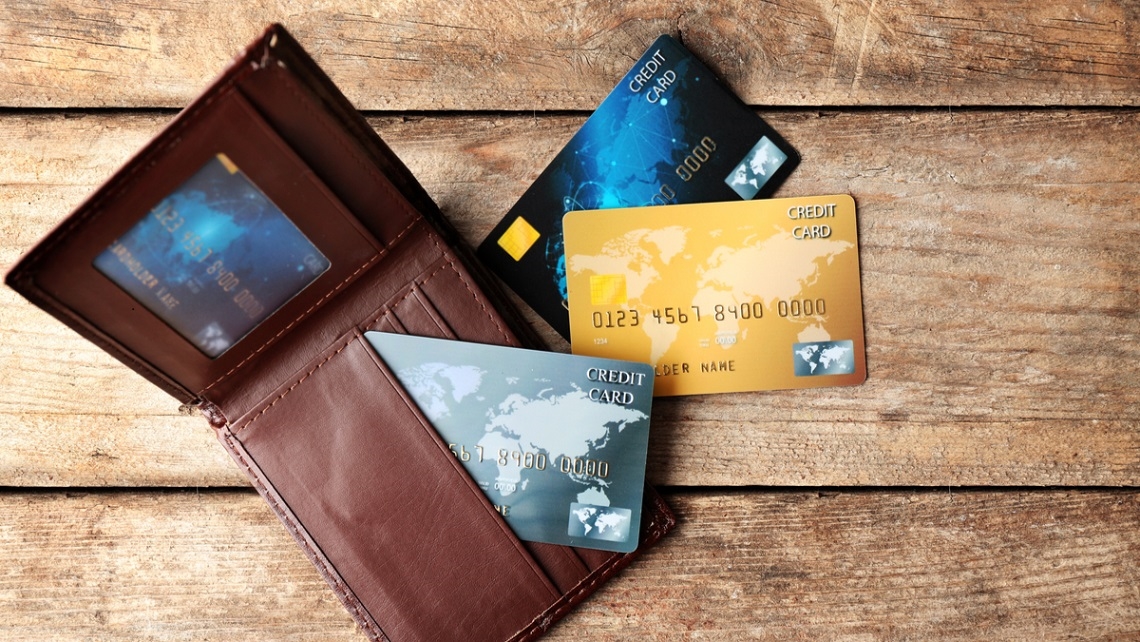Understanding International Phone Banking for NYC Transactions
In today’s globalized world, managing finances across borders has become increasingly common. Whether you’re an expatriate, a frequent traveler, or someone with financial interests in New York City, international phone banking can be a valuable tool. This guide will help you understand how to effectively use international phone banking for transactions in NYC, ensuring your financial activities are smooth and secure.
Setting Up International Phone Banking
To begin using international phone banking for NYC transactions, you first need to set up an account with a bank that offers this service. Many major banks provide international phone banking, but it’s crucial to choose one that has a strong presence in both your home country and the United States. This ensures better service and lower transaction fees.
- Account Requirements: Ensure you have an active bank account with the institution offering phone banking services. You may need to provide identification documents, proof of address, and sometimes a minimum deposit to open an account.
- Phone Banking Registration: Once your account is set up, register for phone banking. This typically involves setting up a secure PIN or password and providing your phone number. Some banks may require you to download a specific app or software to facilitate secure transactions.
- International Access: Confirm that your bank allows international access to phone banking services. Some banks may restrict access to certain countries due to security concerns, so it’s essential to verify this before relying on the service for NYC transactions.
Conducting Transactions Safely
When using international phone banking, security should be your top priority. Here are some practical tips to ensure your transactions are safe and secure:
- Secure Connection: Always use a secure and private phone line when conducting transactions. Avoid using public Wi-Fi or shared devices, as these can be vulnerable to hacking.
- Verification Processes: Familiarize yourself with your bank’s verification processes. This might include answering security questions or receiving a one-time password (OTP) via SMS. These steps are crucial for protecting your account from unauthorized access.
- Transaction Limits: Be aware of any transaction limits imposed by your bank. These limits can vary based on your account type and the bank’s policies. If you need to make a large transaction, you may need to contact your bank in advance to request a temporary increase in your limit.
- Regular Monitoring: Regularly monitor your account statements and transaction history. This helps you quickly identify any unauthorized transactions and report them to your bank immediately.
Managing Currency Exchange and Fees
One of the challenges of international transactions is dealing with currency exchange and associated fees. Here’s how to manage these effectively:
- Exchange Rates: Keep an eye on current exchange rates. Banks often offer different rates for buying and selling currencies, and these can fluctuate daily. Knowing the rates can help you decide the best time to conduct your transactions.
- Transaction Fees: Understand the fees associated with international transactions. These can include currency conversion fees, service charges, and sometimes additional fees for using phone banking. Some banks offer accounts with reduced fees for frequent international transactions, so inquire about these options.
- Fee Waivers and Discounts: Some banks offer fee waivers or discounts for certain types of accounts or for maintaining a minimum balance. Check with your bank to see if you qualify for any of these benefits.
- Currency Conversion Options: Consider using multi-currency accounts if your bank offers them. These accounts allow you to hold and transact in multiple currencies, potentially saving on conversion fees.
Using international phone banking for NYC transactions can be a convenient and efficient way to manage your finances across borders. By setting up your account correctly, conducting transactions securely, and managing currency exchange and fees wisely, you can ensure that your financial activities are both smooth and cost-effective.
